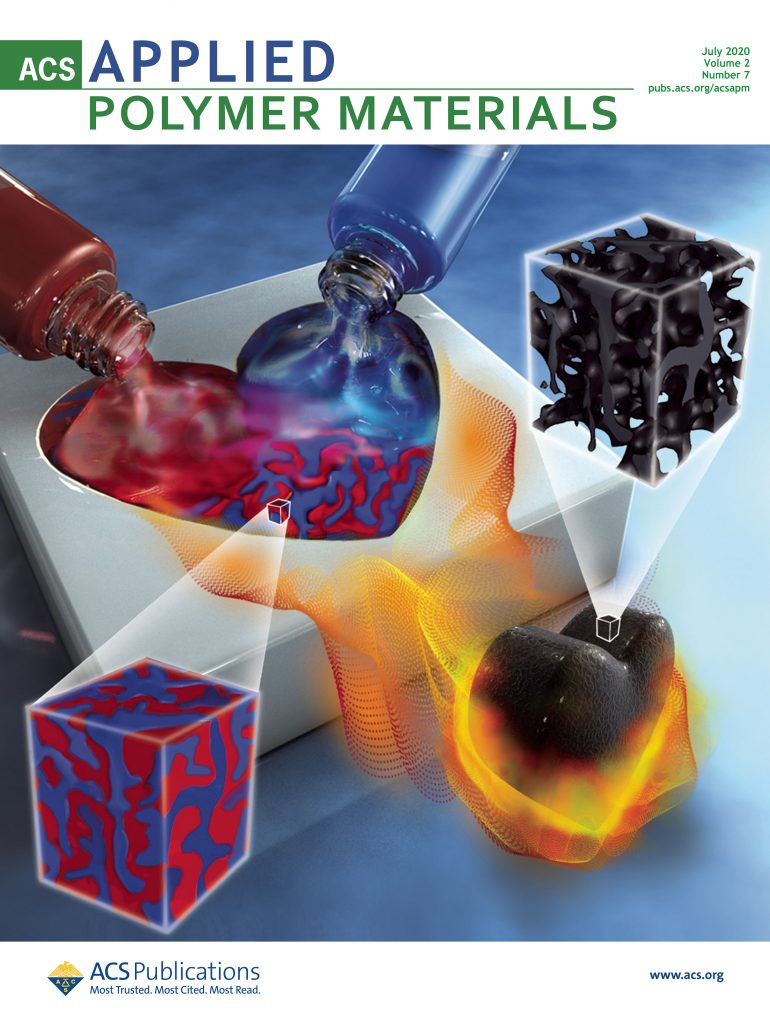值得信赖的联合学习调查:问题、解决方案和挑战
IF 4.4
2区 化学
Q2 MATERIALS SCIENCE, MULTIDISCIPLINARY
引用次数: 0
摘要
事实证明,可信赖的人工智能(TAI)在遏制与人工智能应用相关的潜在负面影响方面具有重要价值。在值得信赖的人工智能(TAI)领域中,联邦学习(FL)是一种前景广阔的解决方案,可在多种实际情况下保护分布式环境中的个人信息。然而,FL 领域并非没有挑战。尤其令人担忧的是针对其算法鲁棒性和系统保密性的对抗性攻击。此外,预测结果中存在的偏差和不透明也使 FL 的广泛应用变得更加复杂。因此,人们越来越期待 FL 能够赢得信任。为了解决这个问题,我们为值得信赖的联合学习(TFL)绘制了一个全面的路线图,并概述了四个关键方面的现有努力:隐私与安全、稳健性、公平性和可解释性。针对每个维度,我们确定了可能破坏 TFL 的潜在隐患,并介绍了经过精心挑选的防御策略,同时还讨论了为 TFL 量身定制的技术解决方案。此外,我们还提出了具有广泛影响的 TFL 深入研究的潜在挑战和未来探索方向。本文章由计算机程序翻译,如有差异,请以英文原文为准。
A Survey of Trustworthy Federated Learning: Issues, Solutions, and Challenges
Trustworthy Artificial Intelligence (TAI) has proven invaluable in curbing potential negative repercussions tied to AI applications. Within the TAI spectrum, Federated Learning (FL) emerges as a promising solution to safeguard personal information in distributed settings across a multitude of practical contexts. However, the realm of FL is not without its challenges. Especially worrisome are adversarial attacks targeting its algorithmic robustness and systemic confidentiality. Moreover, the presence of biases and opacity in prediction outcomes further complicates FL’s broader adoption. Consequently, there is a growing expectation for FL to instill trust. To address this, we chart out a comprehensive road-map for
Trustworthy Federated Learning (TFL)
and provide an overview of existing efforts across four pivotal dimensions:
Privacy & Security
,
Robustness
,
Fairness
, and
Explainability
. For each dimension, we identify potential pitfalls that might undermine TFL and present a curated selection of defensive strategies, enriched by a discourse on technical solutions tailored for TFL. Furthermore, we present potential challenges and future directions to be explored for in-depth TFL research with broader impacts.
求助全文
通过发布文献求助,成功后即可免费获取论文全文。
去求助
来源期刊

ACS Applied Polymer Materials
Multiple-
CiteScore
7.20
自引率
6.00%
发文量
810
期刊介绍:
ACS Applied Polymer Materials is an interdisciplinary journal publishing original research covering all aspects of engineering, chemistry, physics, and biology relevant to applications of polymers.
The journal is devoted to reports of new and original experimental and theoretical research of an applied nature that integrates fundamental knowledge in the areas of materials, engineering, physics, bioscience, polymer science and chemistry into important polymer applications. The journal is specifically interested in work that addresses relationships among structure, processing, morphology, chemistry, properties, and function as well as work that provide insights into mechanisms critical to the performance of the polymer for applications.
 求助内容:
求助内容: 应助结果提醒方式:
应助结果提醒方式:


